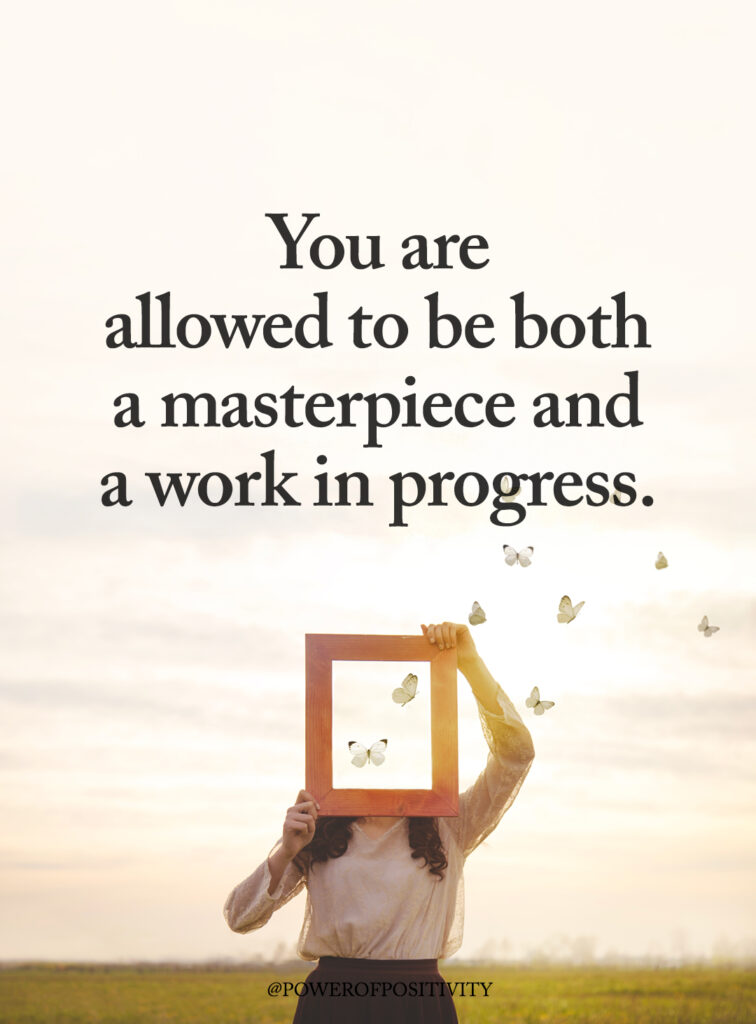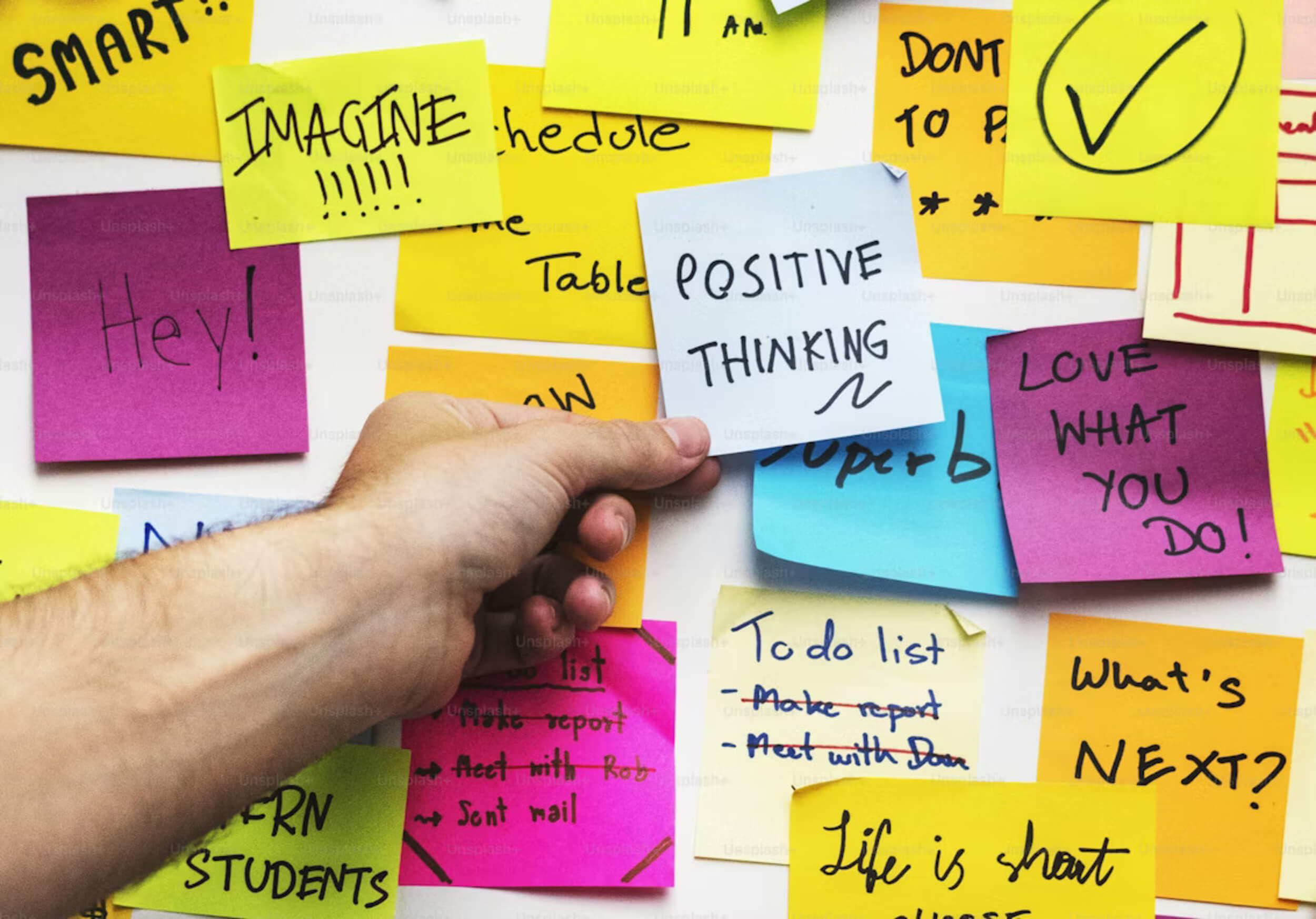Working harder isn’t always the same as working better. You can put in extra hours, skip breaks, and still feel like you’re getting nowhere. The truth is, effort alone doesn’t guarantee results. What really makes the difference is finding ways to work smarter—so your time and energy actually count. Think about it: would you rather push through endless tasks or use clear, steady habits that stick and keep you moving forward? Small shifts in the way you plan, focus, and manage your day can unlock more progress with less stress. These aren’t quick fixes, but practical habits that last, giving you room to succeed at work while still having energy for life outside it.
Why Working Smarter Beats Working Longer
Long hours might look productive, but they often backfire. When you push yourself past your limits, burnout creeps in, mistakes pile up, and progress slows. Staying at your desk late at night doesn’t always equal better results.
Working smarter shifts the focus from hours worked to outcomes achieved. Instead of asking, “How long did this take me?” a smarter approach asks, “Did this move me closer to the goal?” It’s about directing your energy toward the right tasks instead of filling every minute with activity.
Some clear benefits stand out when you choose smarter work over longer hours:
- More energy left over for personal time and rest.
- Better balance between work and life commitments.
- Higher-quality results because your focus stays sharp.
By changing how you work, you not only finish more but also feel better doing it. That’s the real win.
The Foundation of Smart Productivity
Clear direction is the first step toward working smarter. Without knowing the outcome you want, it’s easy to waste time on tasks that don’t matter. Before starting your day, pause to ask, What do I really need to accomplish?
Another piece of the foundation is telling the difference between what’s urgent and what’s important. Urgent tasks grab your attention—emails, calls, or quick fixes—but important tasks are the ones that shape long-term progress. A smart worker learns to put energy into the tasks that actually create results.
Focus and clarity also stop wasted effort. When your mind is scattered, you may start five things but finish none. But when you set one clear direction, your work has purpose.
Simple ways to build this foundation:
- Write down the top three tasks for the day.
- Label each task as “urgent” or “important.”
- Remove or delay items that don’t truly matter.
By practicing this kind of focus, you create habits that stick. Each day becomes less about reacting to everything and more about shaping the outcomes that count.
10 Habits That Make Productivity Stick
Smart work doesn’t come from one big change. It comes from small, consistent habits that stick—ones you can repeat daily without draining yourself. The following habits are simple, practical, and built to last.
1. Prioritize with Purpose
A long to-do list is overwhelming, so shorten it. Write down 3–5 priorities each morning. Ask yourself, Which of these will move me forward the most? Focusing on fewer but more meaningful tasks makes your effort count. By the end of the day, finishing those priorities feels rewarding and realistic. The rest can wait.
2. Batch Similar Work
Switching between different tasks wastes energy. A smarter approach is to group similar jobs together—like checking emails at one time instead of all day. Calls, meetings, or admin tasks also work better when handled in a block. This builds rhythm, keeps you focused, and cuts down on mental clutter.
3. Protect Deep Work Time
Important work needs focus. Choose blocks of time on your calendar where you can work without interruptions. Shut off distractions, close extra tabs, and let others know you’re unavailable. Deep work isn’t about doing more, but about giving your best energy to tasks that matter most.
4. Align Tasks with Energy Levels
Everyone has natural peaks of energy during the day. Use those high-energy times for demanding work like planning or problem-solving. Save lighter tasks—like organizing files or replying to simple emails—for when your energy dips. Matching tasks to your energy helps you get more done without pushing yourself too hard.
5. Build Micro-Breaks Into the Day
Short breaks recharge your brain. Stand, stretch, walk for five minutes, or practice the Pomodoro technique—25 minutes of focus followed by a quick rest. These tiny pauses improve creativity, focus, and even mood. Skipping breaks leads to mental fatigue, but planned pauses keep you performing better for longer.
6. Simplify Digital Noise
Notifications steal your focus. Turn off alerts for apps you don’t need during work. Try “Do Not Disturb” modes or app blockers to protect your attention. Checking messages in batches is better than letting them pull you in every few minutes. Less digital noise means more energy for what really matters.
7. Create a Routine That Grounds You
Routines cut down on decision fatigue. A steady start—like making your bed, stretching, or setting your top priorities—gets your brain ready to focus. Evening rituals, like writing tomorrow’s list or unplugging from screens, help you reset. Over time, these routines turn into habits that stick, giving structure to your day.
8. Communicate Clearly and Briefly
Poor communication wastes time. Keep emails and messages short and clear. Active listening saves back-and-forth questions. The better you communicate, the faster tasks get done. It’s not just about saving your own time—it helps coworkers and teams work smarter too.
9. Learn to Say “No” Gracefully
Overcommitting spreads you too thin. Saying “no” or “not right now” is a way to protect your focus. You don’t need to accept every request to be helpful. By guarding your time, you give more value to the things you’ve already committed to. A polite but firm response keeps your priorities safe.
10. Reflect and Adjust Regularly
End each week with a short review. Ask: What worked? What slowed me down? Then adjust. Tiny changes prevent you from slipping back into unhelpful patterns. Reflection keeps your process sharp and shows you how much progress you’ve made. It’s a habit that sticks because it’s simple but powerful.
Long-Term Payoff of Smarter Work
Consistent habits grow stronger with time. The more you practice working smarter, the more natural it feels. Stress lowers, creativity improves, and results become easier to achieve. Instead of burning out, you’ll have a system that supports steady progress. With habits that stick, productivity stops being a struggle and starts becoming part of who you are.
Final Thoughts on Productivity Habits That Stick
Productivity isn’t about working the longest—it’s about working in ways that matter. Shifting to smarter choices gives you both results and rest. By building habits that stick, you save energy, avoid burnout, and free up space for the parts of life outside work. Pick one simple habit from this list and start small. Once it becomes natural, add another. Over time, these steady steps build a work style that lasts. Smarter work, better balance, and stronger results are all within reach.















